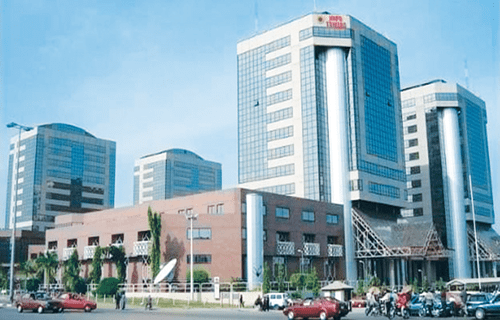The Nigerian National Petroleum Corporation (NNPC) has heightened the hunt for investments as it declared plans to surge the country’s gas output for the global gas market to three billion standard cubic feet (scuf) daily.
Group Managing Director of the Corporation, Mele Kyari, who declared this at the annual conference organised by the National Association of Energy Correspondents (NAEC) in Lagos, yesterday, maintained that gas is the needed catalyst for national development.
Part of what should be done, according to Kyari who was represented at the event by the Chief Financial Officer, Umar Ajiya, is “to open up the midstream, complete all critical gas development projects targeted at delivering about 3Bscfd to gas market, ensure the closeout of investment decision on NLNG Train 7 and improve domestic utilization to boost power generation and industrial growth.”
Speaking on the conference theme: ‘Harnessing Oil and Gas Potentials for National Development,’ the NNPC’s boss said: “Our concerns should be, among others, on what we need to do to harness Nigeria’s oil and gas potentials towards national development, more so, in the face of mounting challenges facing the industry.
“From NNPC’s point of view, we are working tirelessly to achieve that. Today, with our partners, we are driving the aspiration to grow the national reserves to 40 billion barrels by 2025 and improve crude oil production to three million barrels/day during the period. To achieve these targets, we are not oblivious of the fact that huge investment is required across the entire value chain.”
In the downstream sub-sector, Kyari said: “Nigeria is still a net importer of petroleum products due to the current state of our refineries and the long absence of private investment in the refining sector. Thus, we require more investment to revamp and expand our domestic refineries and associated infrastructures to support the growth of the downstream sector and guaranty energy security to the nation.
“In this respect, NNPC under my purview, would leave no stone unturned to ensure our 445,000-barrel refineries in Port Harcourt, Warri and Kaduna work to an appreciable level or capacity.





